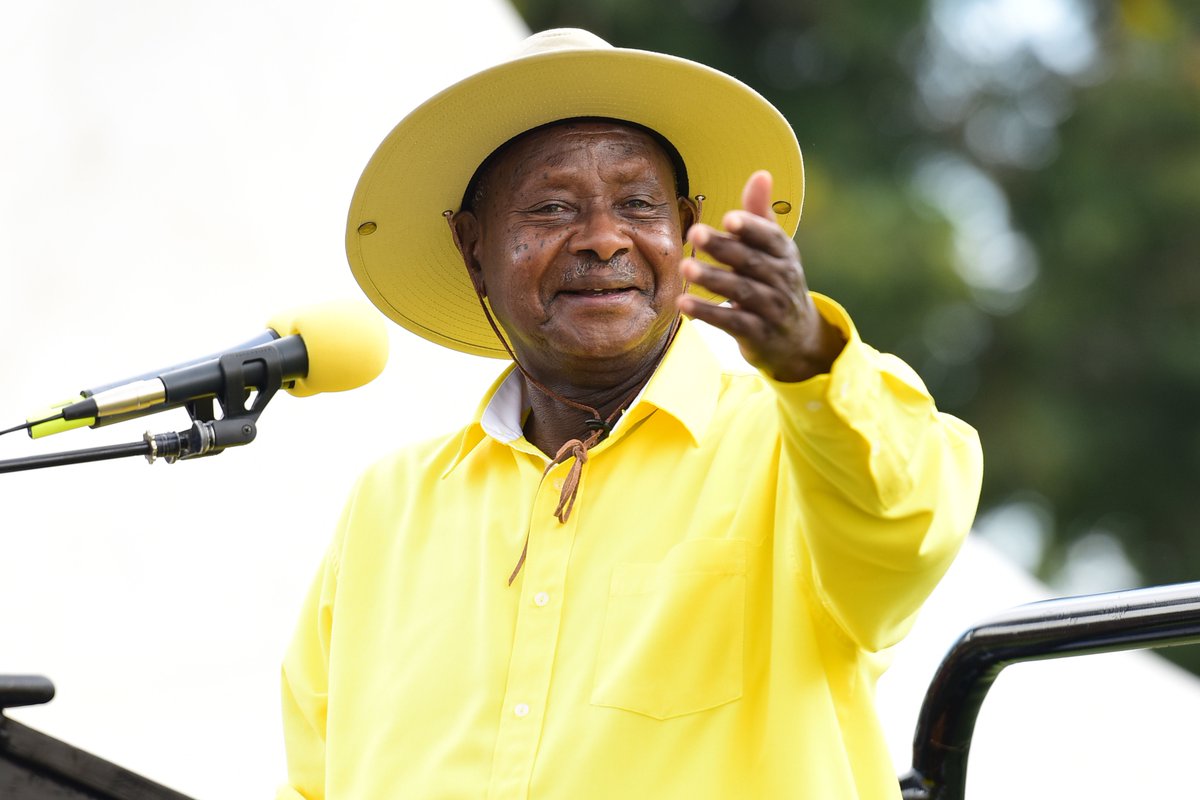
In a recent development, President Yoweri Museveni of Uganda has openly accused the World Bank of attempting to exert pressure on the Ugandan government through financial means concerning the controversial anti-LGBTQ legislation. This statement follows the World Bank’s decision to halt the provision of new loans to Uganda, as reported by RFI.
The discourse between the Ugandan leader and the global financial institution was ignited by an announcement made by the World Bank earlier this week. The institution, known for its financial assistance to nations around the world, deemed Uganda’s newly implemented Anti-Homosexuality Act as one of the harshest laws globally, specifically targeting LGBTQ communities. In a clear denunciation of the legislation, the World Bank stated that the Act is in direct contradiction to its core values.
Consequently, the World Bank has chosen to suspend the consideration of any new public financing proposals to be presented to its board of directors, at least for the time being. This move serves as a notable reaction to the Ugandan government’s decision to enact the stringent measures embodied in the Anti-Homosexuality Act, which was signed into law by President Museveni in May.
President Museveni, not one to back down from his stance, took to X (formerly known as Twitter) to express his firm belief that Uganda’s progress should not solely hinge on external loans. “Ugandans will develop with or without loans,” he asserted. Museveni’s strong words continued as he criticized the World Bank and other entities for attempting to sway Uganda away from its faith, culture, principles, and sovereignty using financial leverage.
In a statement that underscored his administration’s self-reliant stance, Museveni emphasized, “We do not need pressure from anybody to know how to solve problems in our society.” Despite his firm stance, the Ugandan President did acknowledge ongoing discussions between Uganda and the World Bank, expressing a desire to reach a resolution that avoids unnecessary conflicts.
The international community has not turned a blind eye to Uganda’s newly enacted legislation. The United Nations, various foreign governments including the United States, and global human rights organizations have voiced their condemnation of the law. This legislation introduces severe penalties, including capital punishment for what it terms “aggravated homosexuality,” as well as life imprisonment for consensual same-sex relations.
As the discourse between Uganda and the World Bank continues, the situation remains tense, raising questions about the delicate balance between national sovereignty, cultural values, and international human rights standards. The outcome of these negotiations and discussions will undoubtedly have far-reaching implications for both Uganda and the international community.





Comments are closed.